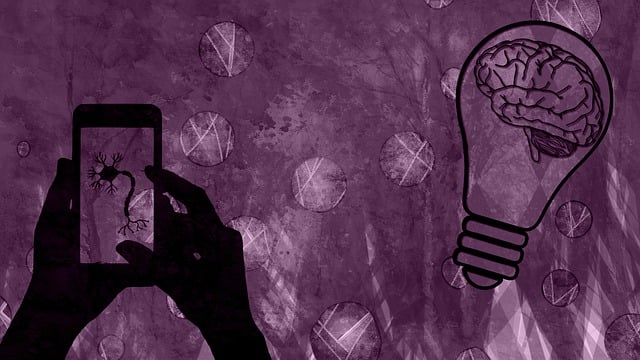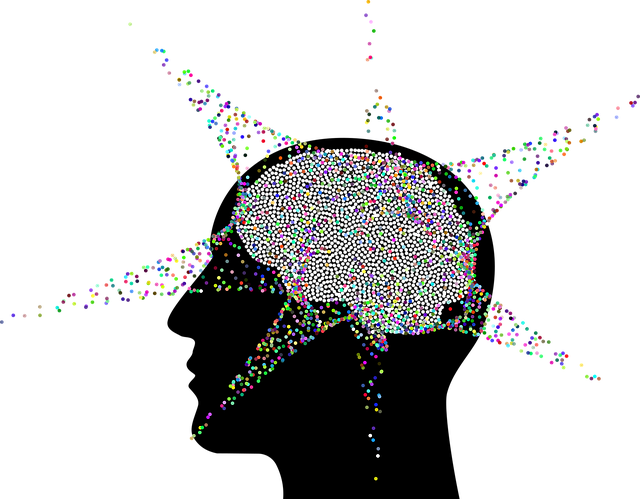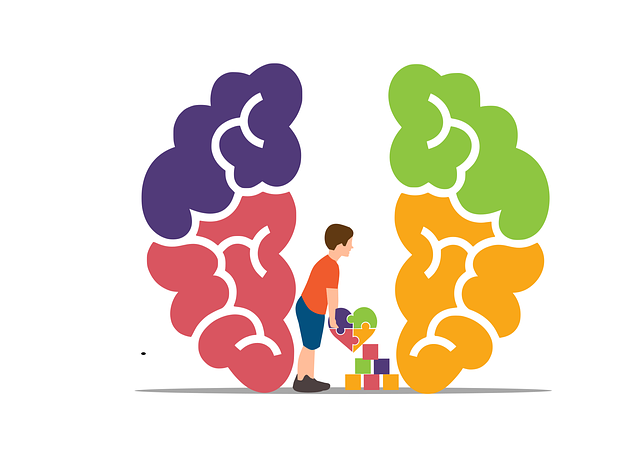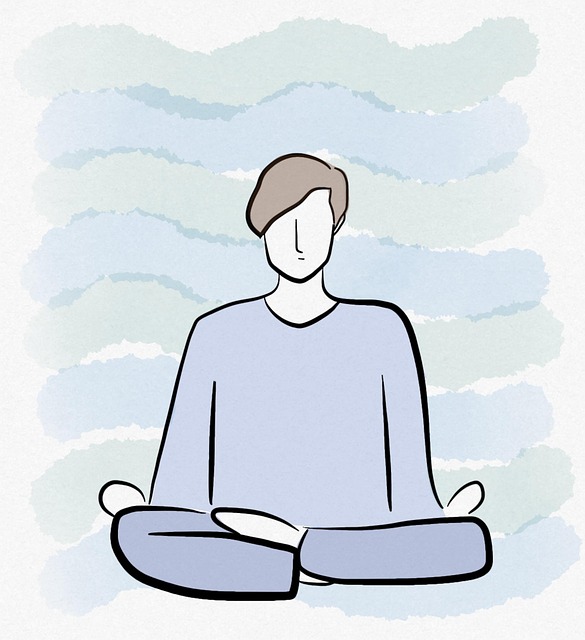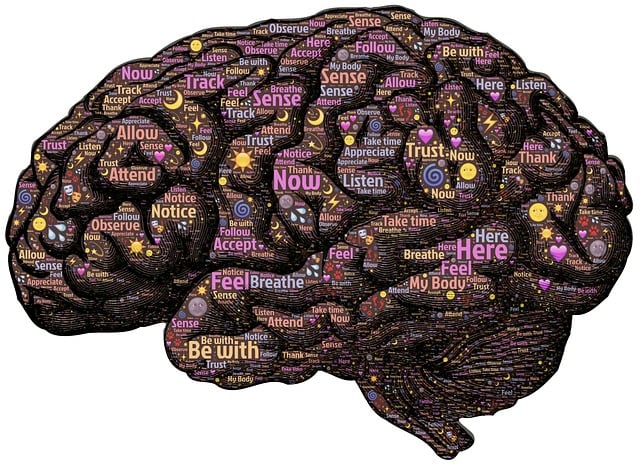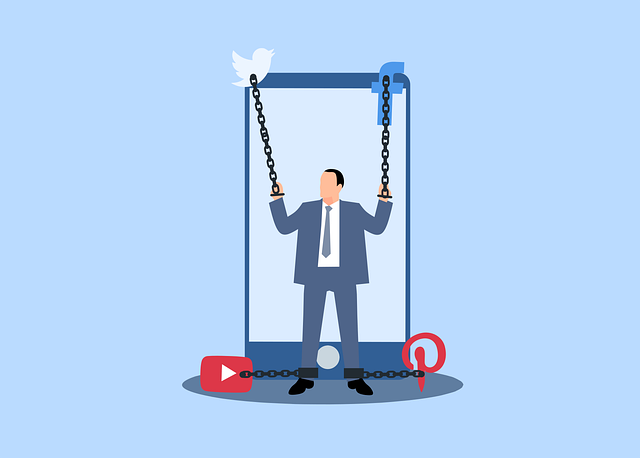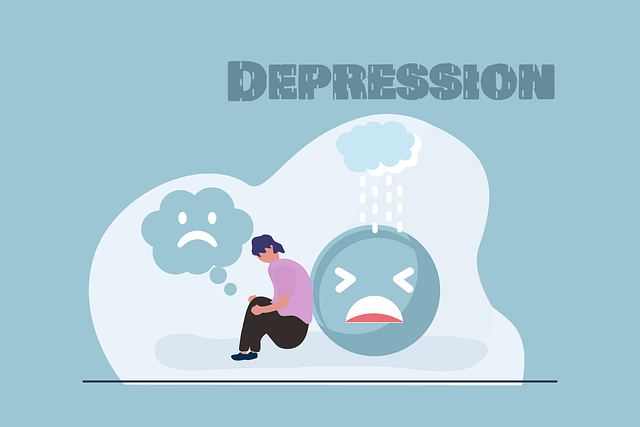Adolescent psychosis severely impairs self-care abilities due to hallucinations, delusions, and disorganized thinking. Effective therapy combines medication with CBT, trauma support, anxiety relief, and coping mechanism building. Identifying barriers like emotional regulation difficulties and social isolation is key. Personalized self-care routines, including mindfulness and exercise, enhance well-being. Professional support through tailored therapy sessions, crisis intervention, and support groups empowers teens to manage psychosis and prioritize self-care.
Self-care is an essential aspect of overall well-being, especially for adolescents navigating the complexities of psychosis. This article explores strategies to enhance self-care practices among teens with psychosis, a condition that can significantly impact their daily lives. We delve into understanding the impact of adolescent psychosis, identifying barriers to self-care, and offering practical solutions. From personalized routines to incorporating mindfulness and social connections, these strategies empower teens to manage their mental health effectively. Additionally, we highlight the role of professional support in fostering a holistic approach to self-care for those facing psychosis.
- Understanding Adolescent Psychosis and Its Impact on Self-Care
- Identifying Barriers to Self-Care for Teens with Psychosis
- Building a Personalized Self-Care Routine: Strategies for Success
- Incorporating Mindfulness, Exercise, and Social Connections
- Professional Support and Resources for Enhanced Self-Care
Understanding Adolescent Psychosis and Its Impact on Self-Care

Adolescent psychosis, a serious mental health condition affecting teens, can significantly impair self-care abilities and routines. This period of life is often characterized by rapid brain development, making adolescents more susceptible to various psychological disorders. Psychotic symptoms such as hallucinations, delusions, and disorganized thinking can disrupt daily functioning and decision-making processes. As a result, affected teens may struggle with personal hygiene, nutrition, sleep patterns, and maintaining social connections—all essential aspects of self-care.
The impact extends beyond immediate challenges. Unaddressed psychosis can lead to long-term consequences on mental wellness and overall quality of life. Therapy for adolescent teens with psychosis is crucial; it often involves a combination of medication management and psychotherapy tailored to their unique needs. Support services that focus on trauma recovery, anxiety relief, and building coping strategies are invaluable in helping them regain control over their lives. By providing the right resources and care, adolescents can learn to navigate their condition while fostering improved self-care practices.
Identifying Barriers to Self-Care for Teens with Psychosis

Identifying barriers to self-care is a critical step in supporting adolescent teens with psychosis. For this vulnerable group, maintaining mental health can be particularly challenging due to the nature of their condition and potential side effects from medication. Many teens struggle with understanding and regulating their emotions, which can hinder their ability to engage in calming activities or practice good hygiene. Social isolation is another common barrier; psychosis may make it difficult for teens to connect with peers, leading to feelings of loneliness and disengagement.
Therapy plays a vital role in overcoming these obstacles. Cognitive Behavioral Therapy (CBT) and other evidence-based approaches can help adolescents develop emotional intelligence, learn stress reduction methods, and enhance their coping mechanisms. Risk Management Planning for Mental Health Professionals is essential here, ensuring that teens are equipped with strategies to navigate distressing symptoms and triggers. By combining therapy with a supportive environment and practical tools, self-care practices can be improved, enabling teens with psychosis to lead healthier, more fulfilling lives.
Building a Personalized Self-Care Routine: Strategies for Success

Building a personalized self-care routine is a powerful tool for adolescents navigating psychosis or seeking to enhance their overall emotional well-being. It’s a process that involves understanding your unique needs and creating a daily practice tailored around them. Start by identifying what brings you joy, relaxation, and a sense of calm—this could be anything from meditation and yoga to creative outlets like art or music. Incorporate these activities into your schedule, ensuring they become non-negotiable appointments with yourself.
Consider using empathy-building strategies to create a supportive environment for self-care. This might involve setting realistic goals, celebrating small achievements, and seeking guidance from professionals or support groups tailored to adolescents experiencing psychosis. Implementing community outreach program ideas can also foster connections and encourage participation in activities that promote emotional well-being on a larger scale.
Incorporating Mindfulness, Exercise, and Social Connections

Incorporating mindfulness practices into daily routines can significantly enhance self-care for adolescent teens experiencing psychosis. Mindfulness encourages individuals to focus on the present moment, cultivating a deeper awareness of their thoughts and emotions without judgment. Through techniques like meditation or mindful breathing exercises, teens can develop better emotional regulation skills, which are crucial for managing symptoms and fostering resilience building. This practice supports emotional healing processes by promoting a sense of calm and clarity, allowing them to navigate challenging feelings in a more constructive manner.
Additionally, regular exercise plays a vital role in self-care routines. Physical activity not only benefits the body but also boosts mood management by releasing endorphins that can reduce stress and anxiety. Engaging in activities they enjoy—be it sports, dance, or even brisk walks—can help teens establish healthy habits that contribute to their overall well-being. Moreover, social connections are paramount for adolescent teens’ mental health. Building and maintaining relationships through peer support groups or community activities can provide a safe space for sharing experiences, offering comfort, and developing coping strategies together. These social interactions foster a sense of belonging, which is essential for combatting feelings of isolation often associated with psychosis.
Professional Support and Resources for Enhanced Self-Care

For many individuals, especially adolescent teens navigating psychosis, professional support is an invaluable aspect of enhancing self-care practices. Therapy sessions tailored for this demographic offer a safe space to explore and manage symptoms while fostering self-awareness exercises that empower them to take charge of their mental well-being. Through evidence-based approaches, such as cognitive-behavioral therapy (CBT), adolescents can learn coping strategies to overcome challenges associated with psychosis.
Accessing resources like crisis intervention guidance ensures individuals have tools to handle acute situations effectively. Moreover, participation in support groups or community initiatives focused on mental illness stigma reduction efforts can create a supportive network, encouraging open dialogue and promoting understanding. These collaborative efforts contribute significantly to improving self-care by normalizing conversations around mental health and reducing barriers to seeking professional assistance.
Self-care is a transformative journey, especially for adolescents navigating psychosis. By understanding the unique barriers and implementing personalized strategies, teens can enhance their well-being. Incorporating mindfulness, regular exercise, and social connections proves instrumental in managing symptoms. Seeking professional support through therapy tailored for adolescent teens with psychosis opens doors to effective self-care routines, fostering a healthier and more balanced life.
